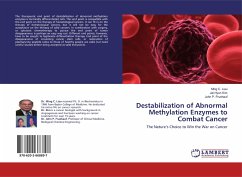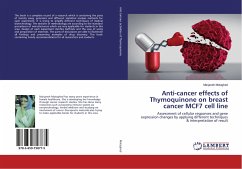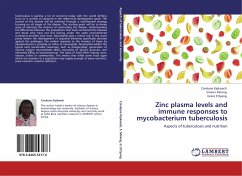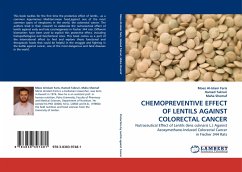
Destabilization of Abnormal Methylation Enzymes to Combat Cancer
The Nature's Choice to Win the War on Cancer
Versandkostenfrei!
Versandfertig in 6-10 Tagen
17,99 €
inkl. MwSt.

PAYBACK Punkte
9 °P sammeln!
The therapeutic end point of destabilization of abnormal methylation enzymes is terminally differentiated cells. This end point is compatible with the end point on the therapy of hematological cancers. It can fit in on the therapy of hematological cancers, but it will not be easy for the acceptance on the therapy of solid cancers. In combination with surgery, or cytotoxic chemotherapy to pursue the end point of tumor disappearance is perhaps an easy way out. Different end points, however, have to be sought to legitimate differentiation therapy. End point of the disappearance of circulating can...
The therapeutic end point of destabilization of abnormal methylation enzymes is terminally differentiated cells. This end point is compatible with the end point on the therapy of hematological cancers. It can fit in on the therapy of hematological cancers, but it will not be easy for the acceptance on the therapy of solid cancers. In combination with surgery, or cytotoxic chemotherapy to pursue the end point of tumor disappearance is perhaps an easy way out. Different end points, however, have to be sought to legitimate differentiation therapy. End point of the disappearance of circulating cancer stem cells, or restoration of plasma/urine peptide ratios to those of healthy people are valid, but need careful studies before being accepted as valid end points.












